Gray clouds filled the sky and a light mist turned to a drizzle. A group of us—Sarah, Emmy, Elissa, Jennifer, and I—climbed into the tan taxi our campus manager, Mourad, had arranged to pick us up. Our assistant campus coordinator, Kenza, accompanied us just in case something went wrong—and we were all glad she did. As we drove through the streets of Tangier, we reached an area none of us has had visited before. A combination of the rain outside and the heat in the car fogged up the windows and made it feel like we were inside a cloud. We were constantly wiping the condensation off the windows and rolling them down only to roll them back up so we wouldn’t get wet.
We took a narrow dirt road to a small neighborhood where the car stopped.
“Are we here? Is this it?” We whispered amongst ourselves in the back, unsure what to do next.
There was no “view” to speak of, at least not the one we were expecting. Kenza called Mourad for some assistance, and she gave the cab driver new instructions. The taxi backed up and we turned around. A few minutes later we could tell we were approaching our destination because of the smell—rather, the stench.
But we were also in search of something else nearby. “Look! There they are—the wind turbines,” someone said, pointing out the window.
I looked, but I only saw tiny, blurry shadows dotting the fog-covered hills. We turned off onto a dirt road that was quickly turning to mud, going up the incline about half way. The taxi stopped and we all looked at one another. We wanted to see the windmills that are turning Morocco into a powerhouse of green energy, so we hopped out of the car and headed up the hill.
Brown water flowed down the side of the road, weaving around plastic bottles, trash bags, and broken bricks. We had arrived at the city dump.
Mourad told us that if people living here saw that we were taking pictures, they might be suspicious and call the authorities. He told us that it would probably be safe to snap a few photos from the taxi, but that’s it.
Two women, veiled in black niqabs only revealing their eyes, stood with a child covering herself with a plastic bag in an attempt not to get drenched. How could people live around this smell all the time?
I will not be living in Morocco in the near future, but the country inspires me to do my part with the installation of solar panels in my future home and perhaps, more importantly, provide education about this important topic. Although Morocco is considered a “poor” country, it is more progressive in many ways than even the United States. With the direction Morocco is going, I know that someday there will be less pollution and more renewable energy. Not only will Moroccans improve their land and water, but they will help the country’s citizens transition to a modern, clean economy.
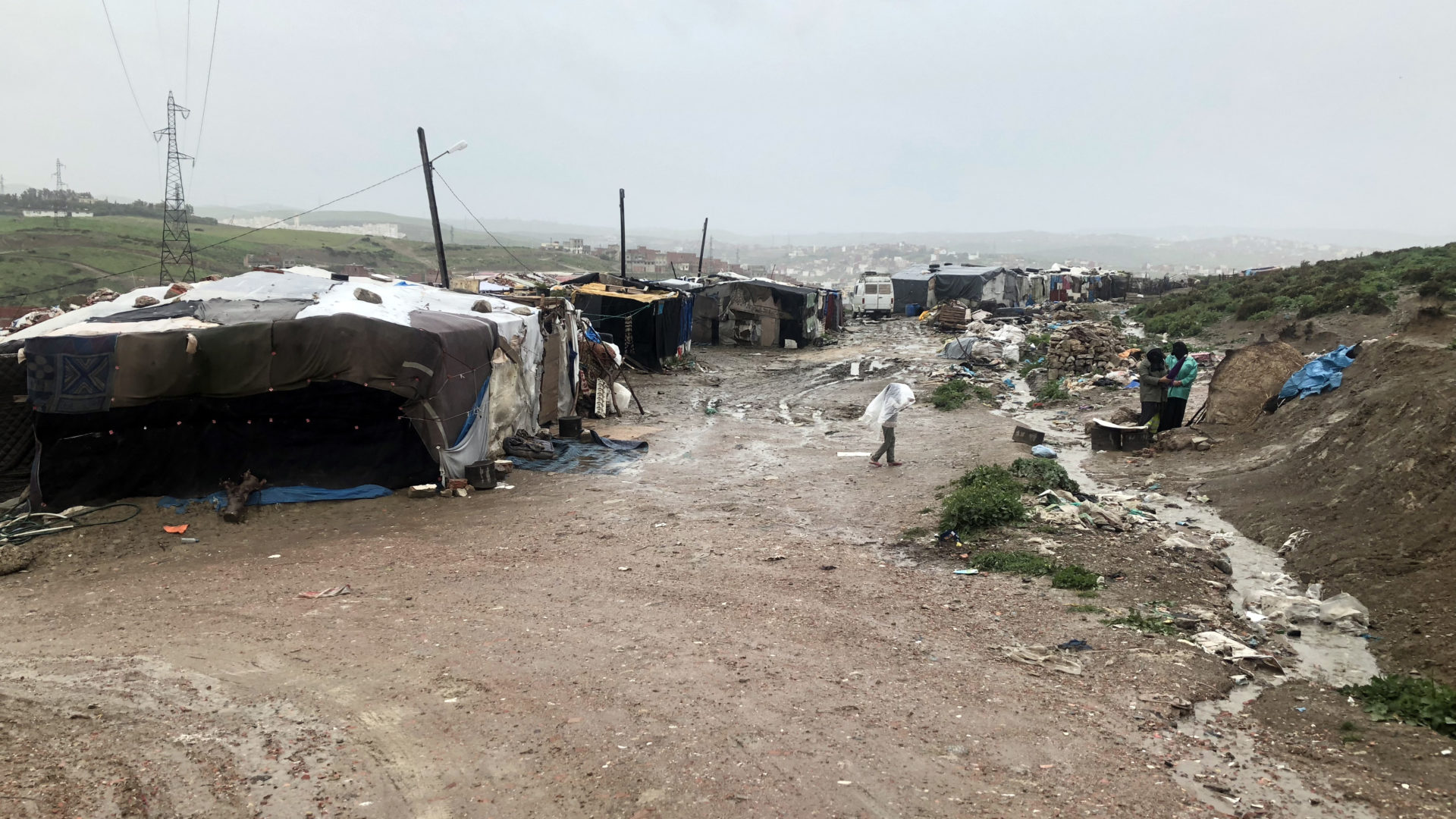
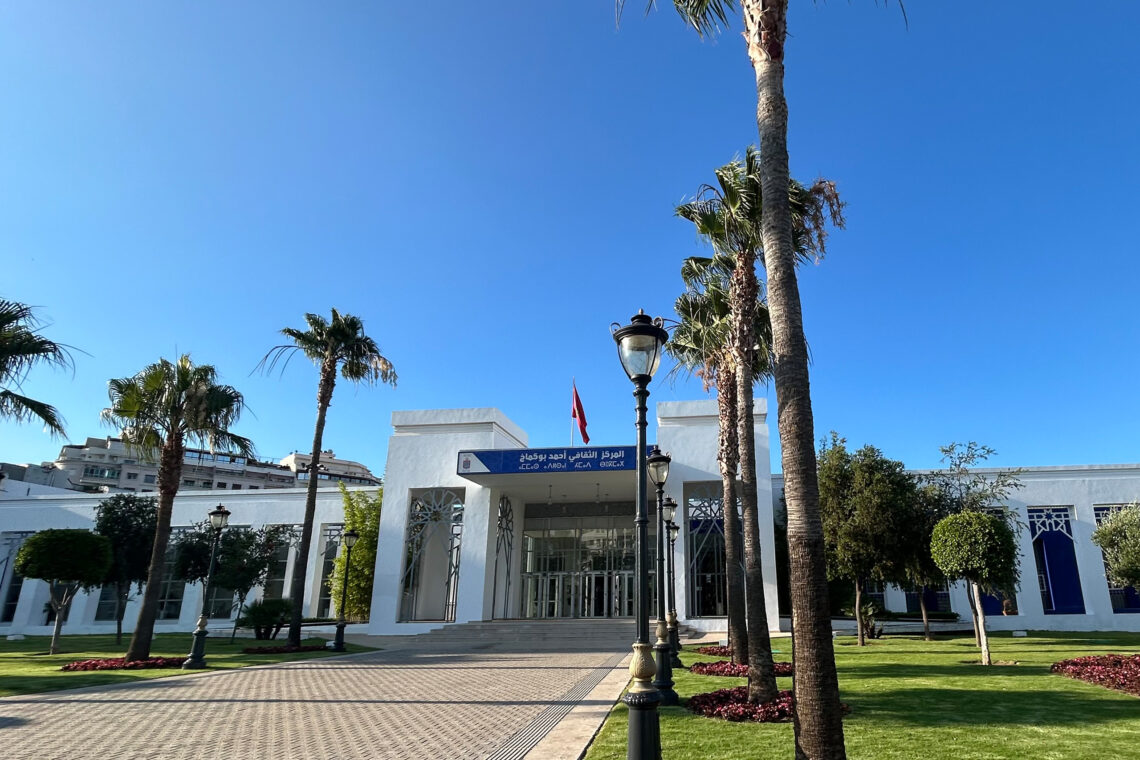
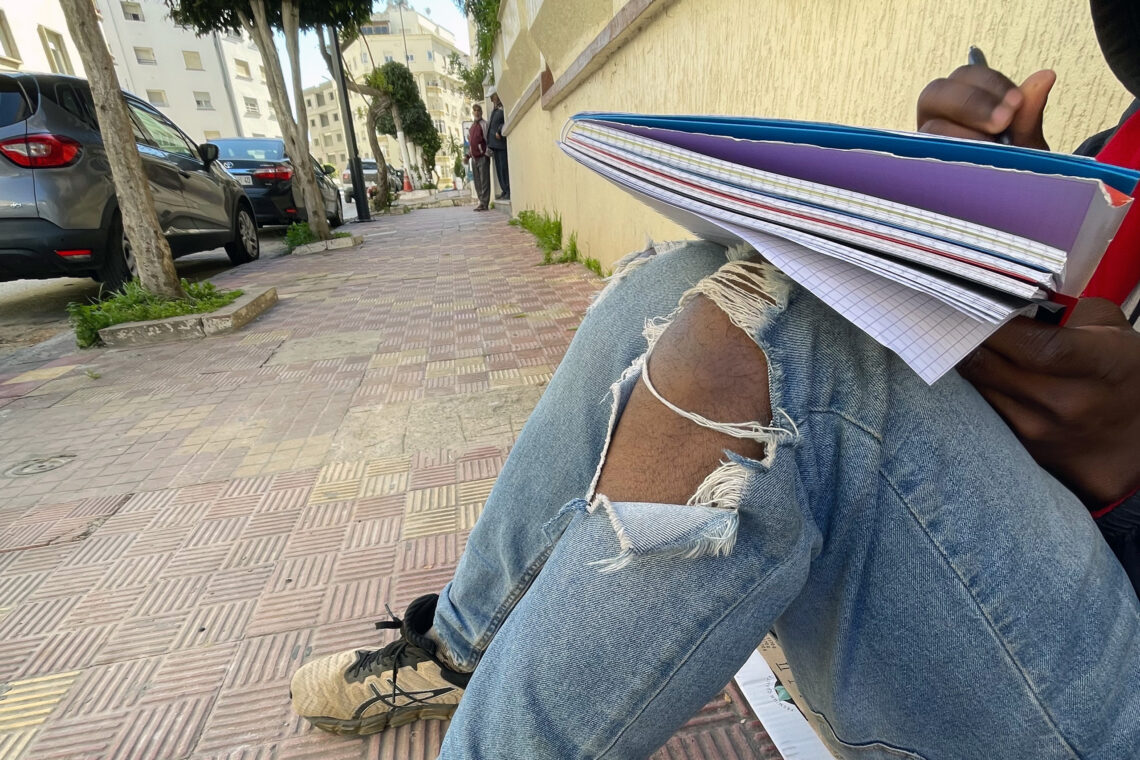
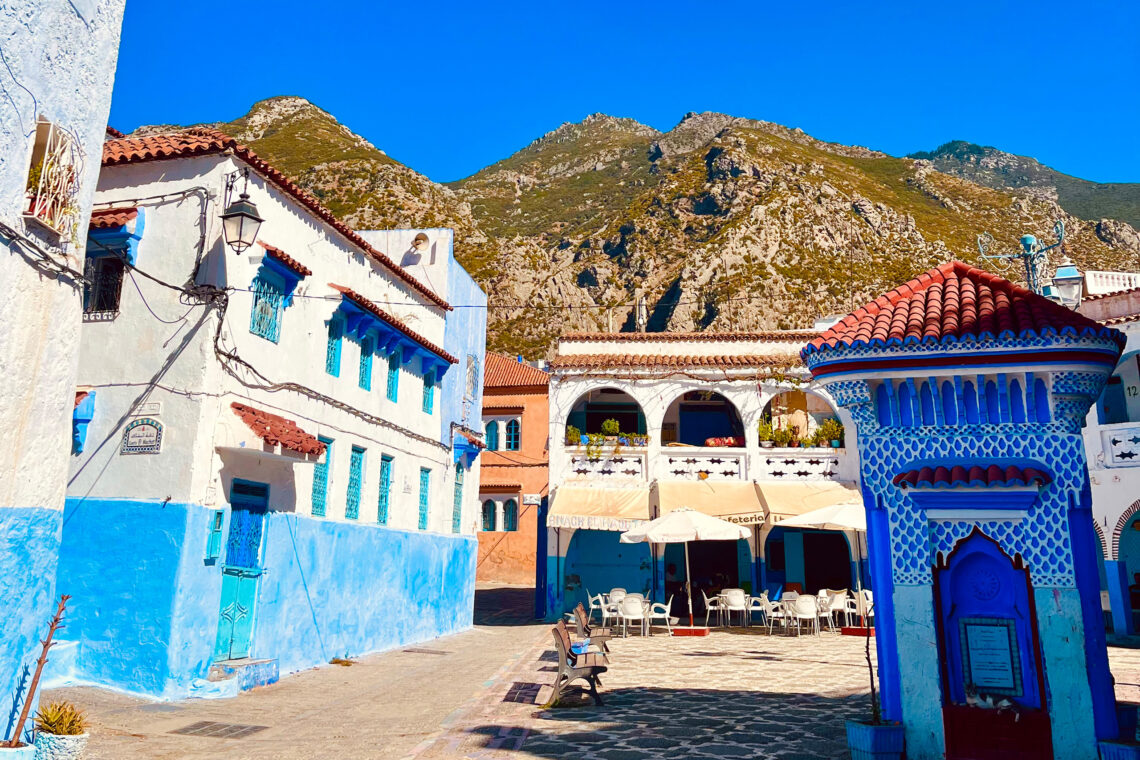
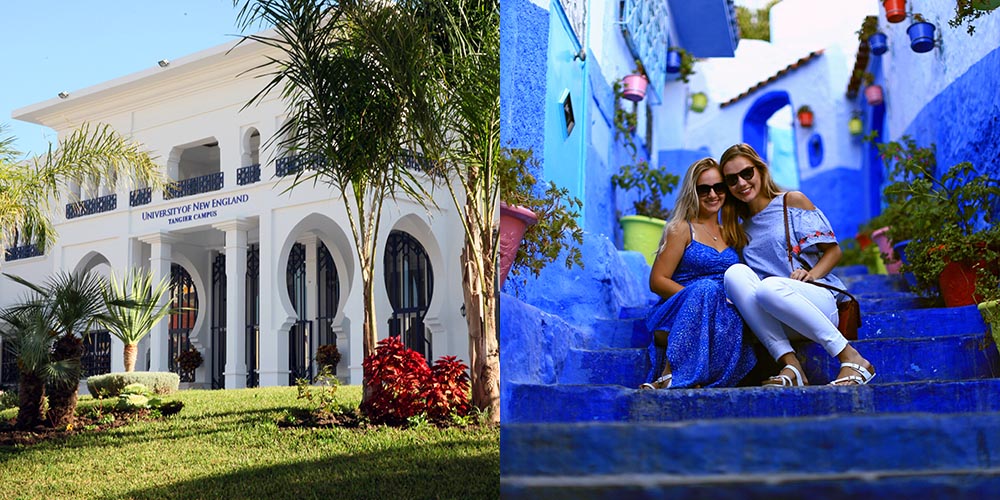

Comments are moderated by the editor and may not appear on this discussion until they have been reviewed and deemed appropriate for posting. All information collected is handled in a manner consistent with our privacy policy.